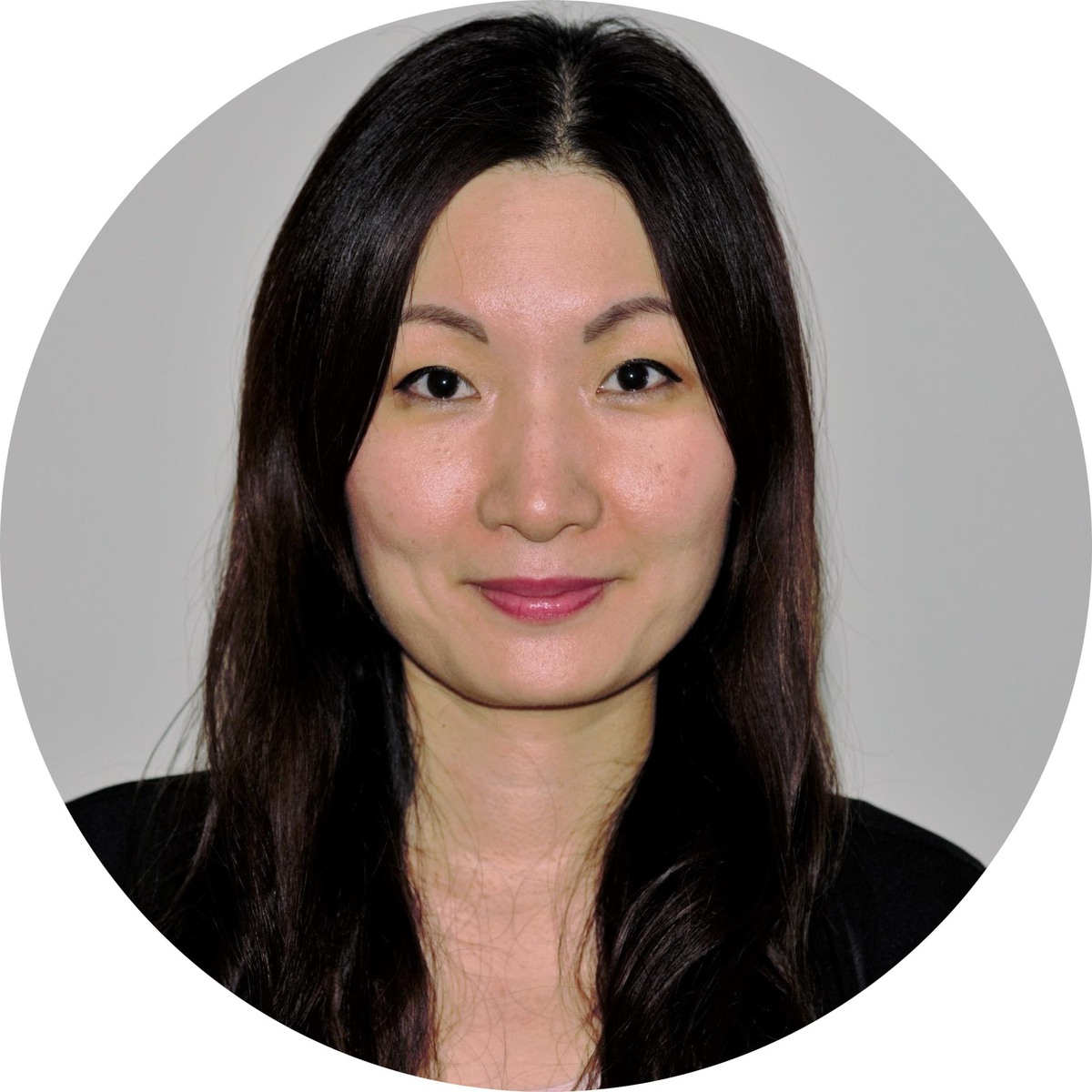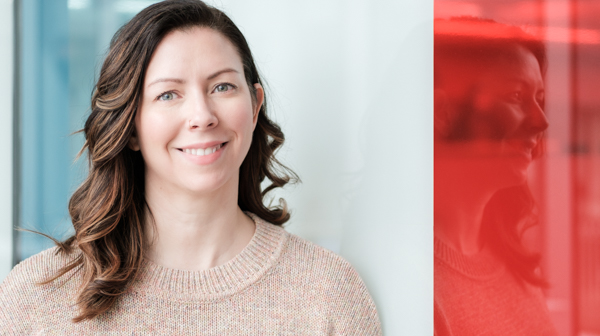Meet Your Professor: Dr. Alice Kim is innovating teaching and learning at UofGH

We decided that it was a really great opportunity to put to use some high impact practices, like collaborative learning and project-based learning.
In “Applied Study in Psychology,” University of Guelph-Humber Psychology students get to put their knowledge into action through 100 hours of hands-on workplace experience. The course is a highlight for many students, but with fewer placements available due to COVID-19, the Psychology program found a creative way to give students a unique learning experience.
“The whole point is for students to anchor everything that they have learned and see how it actually applies outside of the academy when they go out into the real world,” said course instructor Dr. Alice Kim. As a scholarship of teaching and learning researcher, Dr. Kim brought her expertise in education to redesign the course.
To accommodate students, the Psychology program and Dr. Kim developed simulated placements. In these placements, students completed projects similar to what they might work on at an external organization. These projects were created in collaboration with experts working in fields such as forensic psychology, industrial-organizational psychology (I-O), developmental psychology, and adult and adolescent clinical psychology.
“We decided that it was a really great opportunity to put to use some high impact practices, like collaborative learning and project-based learning,” explained Dr. Kim.
One of the projects involved using scientific research and writing skills to develop information pamphlets that clinics could give to clients. Students researched different diagnoses and presented them in language that would be accessible to a general audience.
“All of these projects had a real-world component in the sense that they were meant to benefit both the student and our expert,” explained Dr. Kim. “There was a real-world application in the deliverable that the students worked on.”
An eye-opening experience
Students in the simulated placements—about half of the class—had the opportunity to explore two subdisciplines of psychology.
“In the planning stages I did a lot of research in the literature to see what students like about placements and what makes a placement effective,” said Dr. Kim. “One of the findings is that students like the variety of experiences that they get when they do these placements, and so that's why we wanted to make sure that students had at least two different experiences.”
For some students, it was this opportunity to explore different disciplines that helped clarify their post-graduation aspirations.
“A lot of students wanted clinical psychology as their first choice, because I think a lot of students want to pursue that career. Then, I-O was a second choice,” explained Dr. Kim. But as students continued to work through their simulated placements, some began discovering new interests.
“They really enjoyed the I-O simulation so much. They didn't even know about this subfield of psychology, and now that's the one that they want to pursue,” Dr. Kim said. “They are two very different career paths. You have to do very different things to pursue I-O versus clinical psychology, so I'm glad that they realized that in third year. I'm so happy about that.”
Sharing knowledge
Dr. Kim not only wants to enhance her own students’ learning experiences, but she is also passionate about widely sharing evidence-based teaching and learning practices.
In her master’s and PhD, Dr. Kim studied patterns of electrical brain activity that are linked to forming new memories and learning. In her first post-doctorate, she worked on improving and enhancing memory and learning in a variety of real-world contexts. After realizing her passion for education and improving pedagogical practices, Dr. Kim completed her second post-doctorate at York University’s teaching and learning centre.
Through her work, Dr. Kim began noticing that research dissemination in the education space was often lacking. This motivated her to start Teaching and Learning Research In Action, a non-profit dedicated to investigating and sharing effective teaching and learning practices.
“We're really focused on conducting research on teaching and learning but also disseminating,” said Dr. Kim “I don't want to do this research for other scholars. I don't want to do it for other researchers. I want to do this research for people who will actually use it, like teachers, students, human resources—anyone who would actually use this in a way that would affect a lot of people.”
For Dr. Kim, UofGH is an ideal environment where she can implement evidence-based teaching practices to a community of students who are eager to learn.
"At Guelph-Humber, the sense of community is amazing, and the students are amazing. I know all my students because I've taught all of them multiple times and all the students know each other,” said Dr. Kim. “It's an environment conducive to community and high-quality teaching.”








